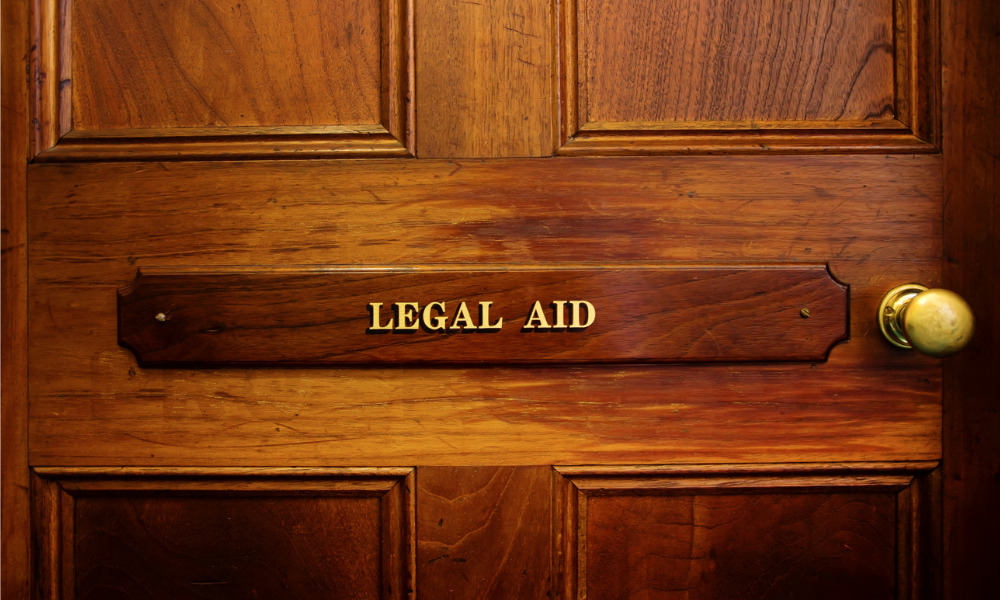
Unable to afford legal advice, assistance or representation? Here are your most-frequently asked questions about Australia's legal aid, answered

What do you know about legal aid?
Legal aid is the provision of legal assistance and representation to people who are unable to afford it. It ensures everyone’s rights to equality before the law, the right to counsel and the right to a fair trial.
It was established through the 1949 Legal Aid and Advice Act, which was created under former British Prime Minister Clement Attlee’s government.
There are eight legal aid commissions in Australia, which stand for each state and territory. These state and territory commissions are:
The directors of these commissions consolidate at a national level to form the National Legal Aid (NLA). These commissions are independent statutory bodies that provide legal assistance to those who are economically or socially disadvantaged.
As claimed in NLA's official website, they receive funding from three sources: the Commonwealth government, the state and territory governments and through interest, contributions and fees.
What does legal aid provide?
legal aid can help you in a variety of ways, but it should be noted that services from different states and territories may differ in some ways. It is still best to visit the legal aid website of your state for more specific information.
Here are some services that these Legal Aid Commissions offer:
Who can qualify for legal aid?
Legal aid commissions have limited funding, so while anyone may apply, free to low-cost legal assistance and other services may not be provided to everyone.
These commissions may have different ways of determining someone’s eligibility for the legal grant. Still, priority is given to people in special circumstances (people with a physical or mental disability or impairment, language or literacy problems, people at risk of physical, emotional or psychological harm, etc.).
Further, applications received for legal aid must satisfy four broad criteria before assistance can be granted.
Again, legal aid’s eligibility requirements still depend on your state and territory.
What documents do I need to apply?
You may apply for a legal grant directly at your state’s legal aid office. If you wish to be represented by a particular lawyer, you may also submit your application through that lawyer’s office.
For Southern Australia, you may need to access the commission’s online legal aid application form. You’ll also need to submit copies of your proof of means, relevant documents (copies of relevant court orders, proceedings, etc.), choice of a lawyer (you may also choose if you want a male or female lawyer), and other important conditions.
NSW, on the other hand, recommends getting legal advice first before applying. If you need ongoing help, a lawyer may help work out and submit an application for legal aid for you.
Then, you might be able to complete and submit your application online. You will be asked to provide your proof of income (payslips or a copy of your Centrelink Statement of Benefit), bank or credit union statements for all accounts for the last three months and other documentations depending and related to your legal matter.
What cases are not covered by legal aid?
Legal aid mostly focuses on family and dispute resolutions, domestic violence and civil and criminal law matters, debt matters and anti-discrimination and sexual harassment claims.
A legal grant may not cover cases aside from these, but it still depends on your state or territory’s regulations.
Queensland, for example, does not help with commercial transactions or real estate issues, workers’ compensation, local government issues and others. Western Australia also does not provide representation and legal advice about workers’ compensation rights.
If for any reason you’re unable to obtain assistance from Legal Aid, but are also incapable of paying for legal assistance, there are almost 200 Community Legal Centres (CLCs) across Australia that could possibly provide help.
It should be noted that CLCs are different from Legal Aid.